Description
Honeywell 51305072-300 / CLCN-B – Dual-Node LCN Coax B I/O Board for TDC/TPS Systems
Honeywell 51305072-300, referenced as CLCN-B, is the Local Control Network (LCN) Coax B I/O board used in legacy Honeywell TDC 3000 / TPS nodes. From my experience, this is the companion to the Coax A interface—providing the second channel in dual-node or redundant LCN architectures so communications stay stable between consoles, controllers, and application modules. You might notice that keeping a spare CLCN-B on the shelf typically turns a network-side fault into a quick, like-for-like swap with no cabinet rewiring.
Company’s Order Placement Process and Guarantees
- Warranty period: 365 days
- Delivery time: 1 week for in-stock; no more than 1 month at the latest
- Payment method: 50% advance payment; full payment for delivery
- Express delivery methods: FedEx, UPS, DHL
Key Features
- LCN Coax B interface – Provides the node’s Channel B connection to the LCN trunk; complements Coax A for dual-node resiliency.
- Backplane powered – Draws power and data paths from the Honeywell node chassis; no external PSU wiring.
- Service-friendly connectors – Clearly labeled coax and terminal provisions make outage swaps faster and cleaner.
- Legacy stability – Typically drop-in compatible with existing TDC/TPS nodes and cable plant.
- ESD-conscious build – Designed for control room environments and continuous duty operation.
Technical Specifications
Details reflect common characteristics for Honeywell LCN Coax B boards. Share your node tag and LCN topology and we’ll confirm a precise fit before shipment.
| Brand / Model | Honeywell 51305072-300 / CLCN-B |
| HS Code | 8538.90 (Parts suitable for industrial control equipment) |
| Power Requirements | Supplied via node backplane (low-voltage logic rails) |
| Operating Temperature | Control-room ambient; typically 0 to +50/60 °C |
| Dimensions & Weight | Plug-in module for Honeywell node chassis; approx. 0.4–0.6 kg |
| Signal Input/Output Types | LCN Coax Channel B on-board connectors; backplane interface to node electronics |
| Communication Interfaces | LCN coaxial trunk (Channel B); termination and impedance per Honeywell LCN spec |
| Installation Method | Front plug-in to node chassis; connect LCN coax; verify segment termination/end-of-line settings |
Application Fields
- TDC 3000 / TPS networks interconnecting consoles, application modules, and controllers
- Control rooms maintaining or extending legacy coax LCN segments
- Brownfield projects keeping the LCN layer intact while nodes are refreshed over time
- Sites standardizing OEM spares to reduce downtime risk on critical network paths
Advantages & Value
- Low integration risk – In many cases a direct drop-in with existing cabinet wiring and topology.
- Uptime protection – A ready spare CLCN-B can restore a node’s Channel B within minutes.
- Compatibility – Designed for Honeywell node backplanes and approved LCN coax components.
- Spares strategy – Traceable part numbers and a 365‑day warranty fit outage planning and storeroom standards.
Installation & Maintenance
- ESD handling – Use a grounded wrist strap and antistatic surface during board changes.
- Coax best practices – Maintain proper impedance, termination, and bend radius; secure strain relief at entry points.
- Routing – Keep LCN coax separated from high‑EMI conductors and VFD cable bundles.
- Commissioning – Confirm node health on LCN, check error counters, and verify dual‑node redundancy behavior.
- Routine checks – Inspect connectors for oxidation, re‑seat if needed, and document any topology updates.
Quality & Certifications
- CE/UL conformity typical for control room modules (revision dependent)
- RoHS status varies by vintage; we can confirm against your required build
- Manufacturer’s warranty: 12 months from shipment
A quick note from a site tech: “Swapped the CLCN‑B and our dual‑node link stabilized instantly—no drawing changes.” Share your node type, cabinet tag, and LCN segment details, and we’ll validate the 51305072‑300 / CLCN‑B fit so it ships ready for your maintenance window.

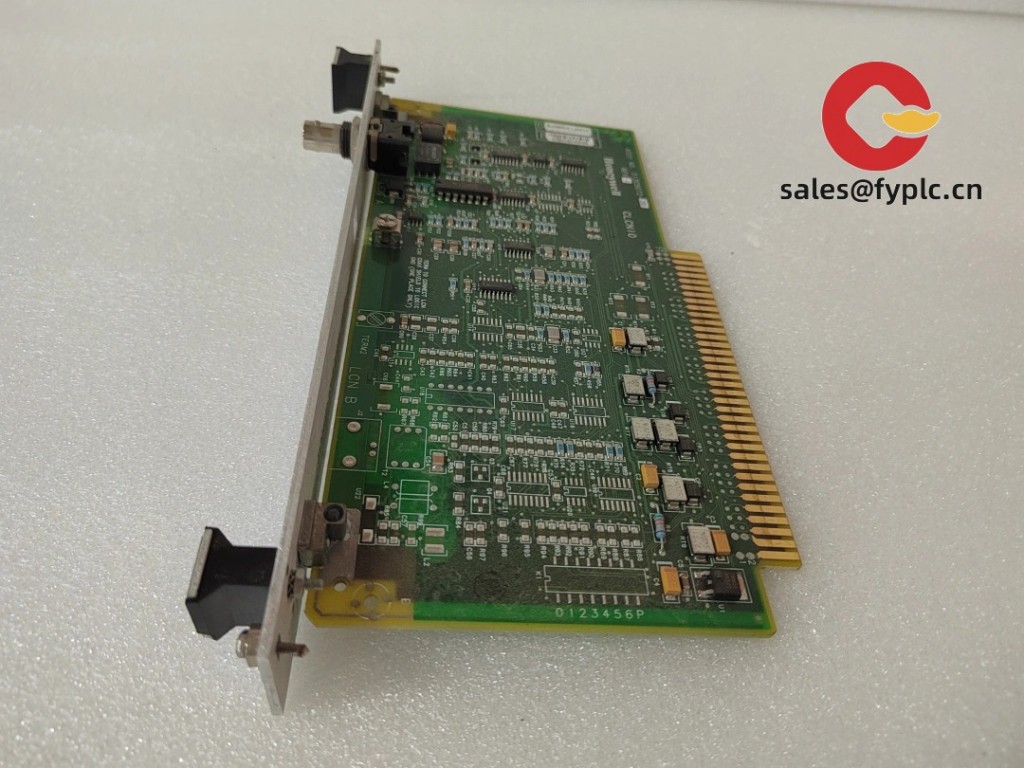
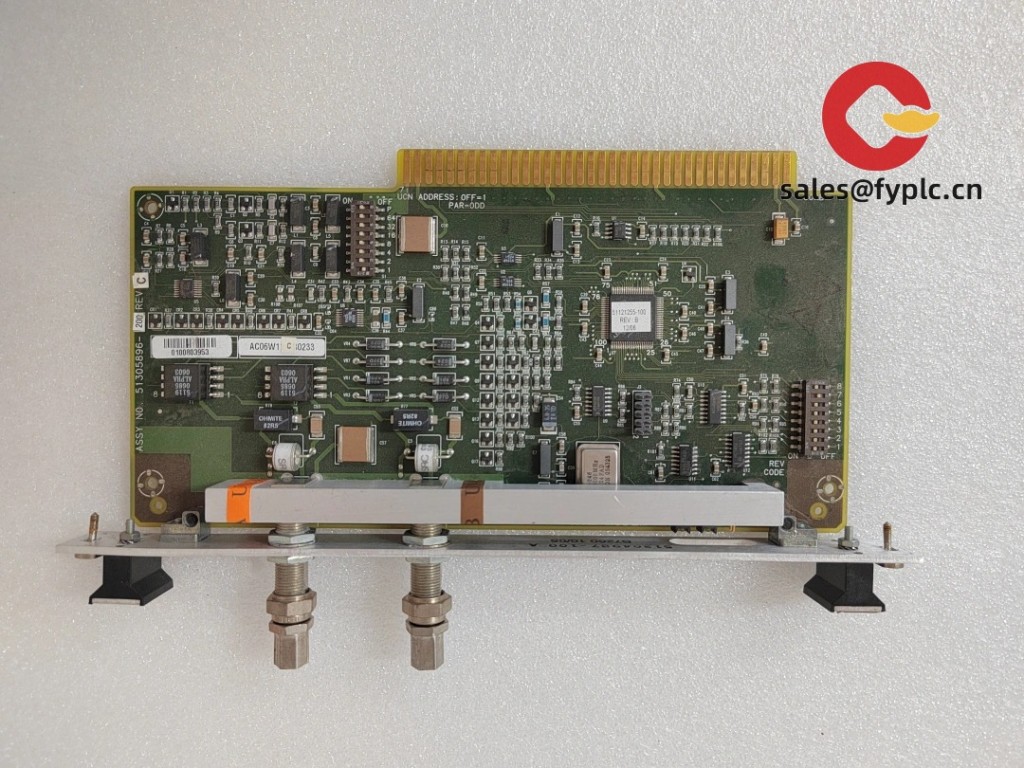

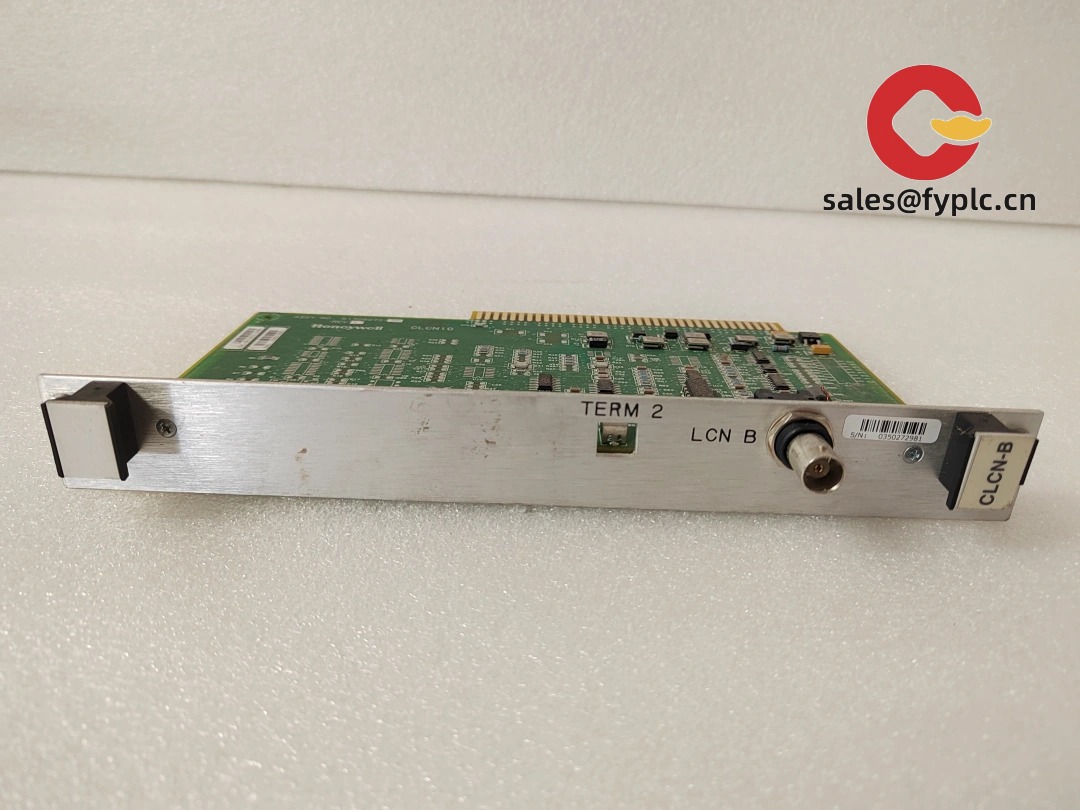
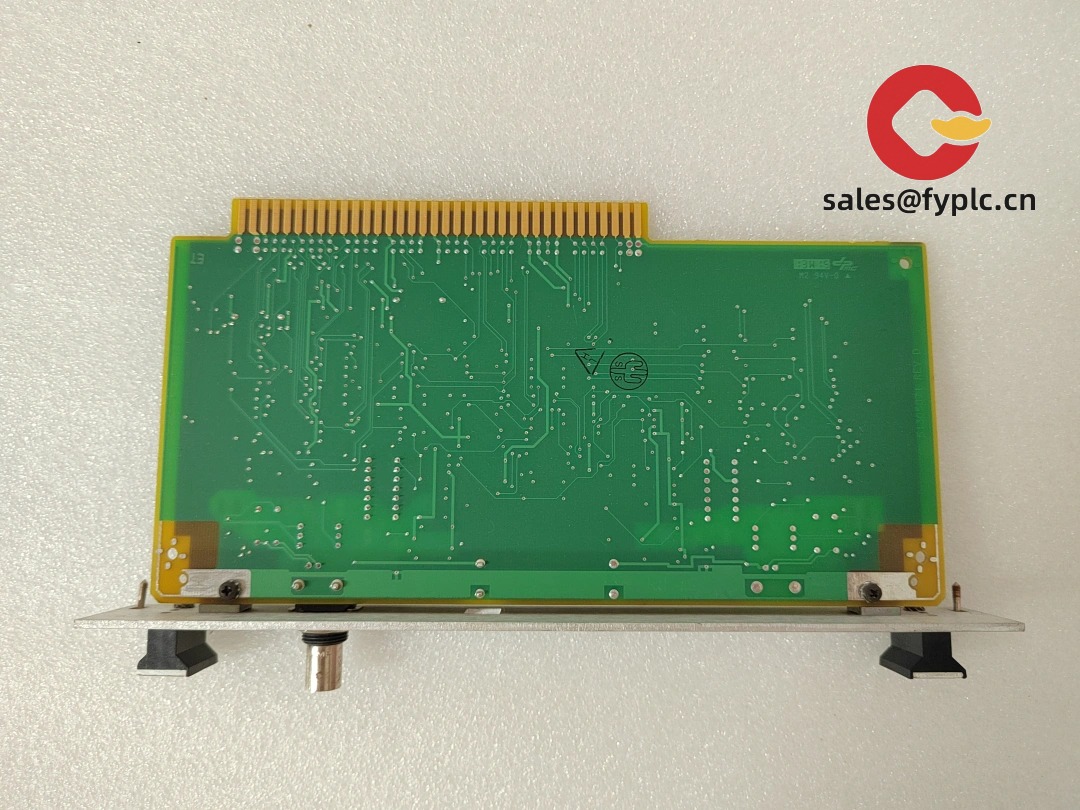
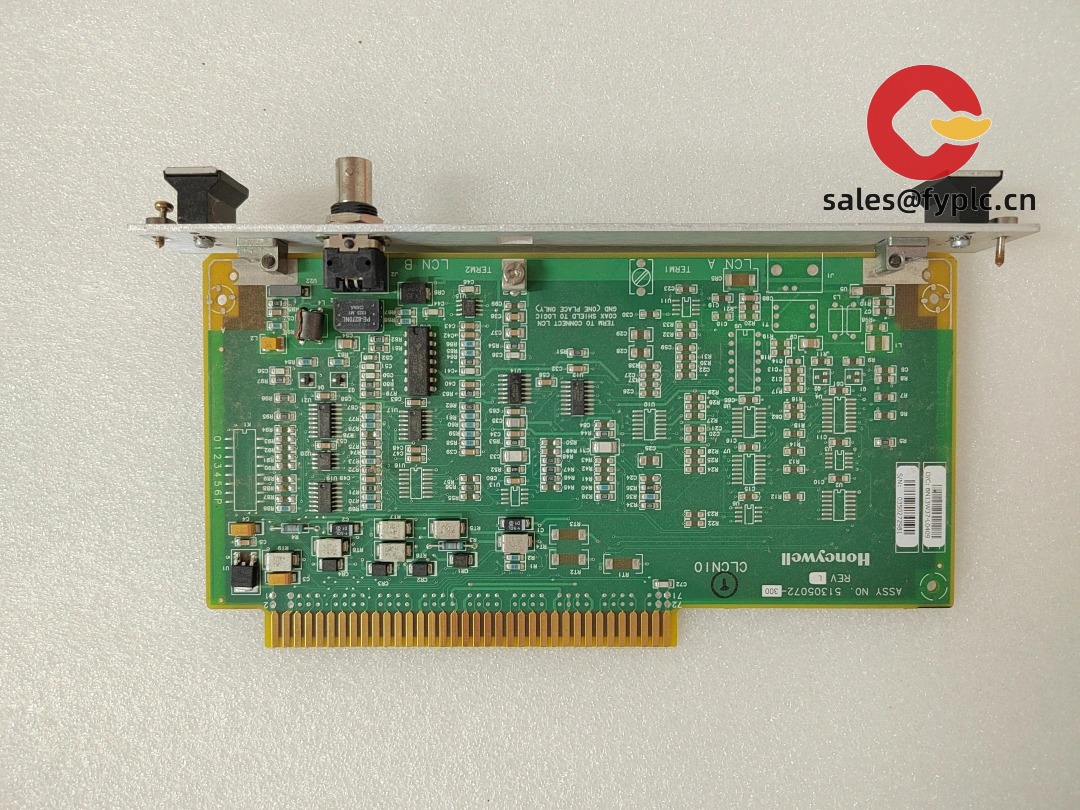

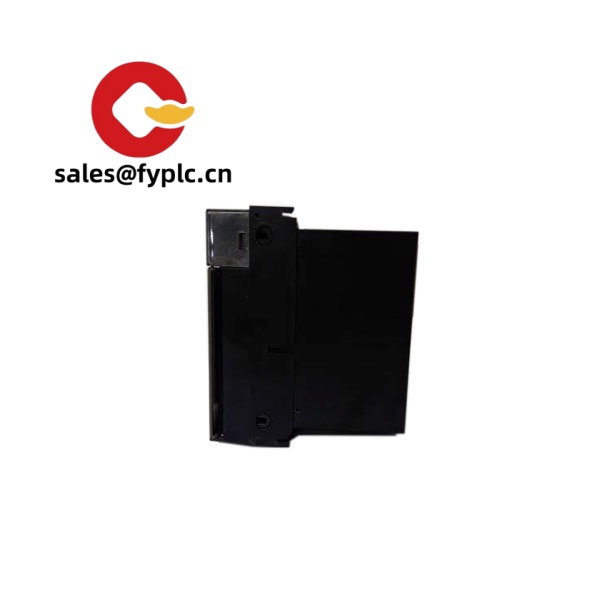
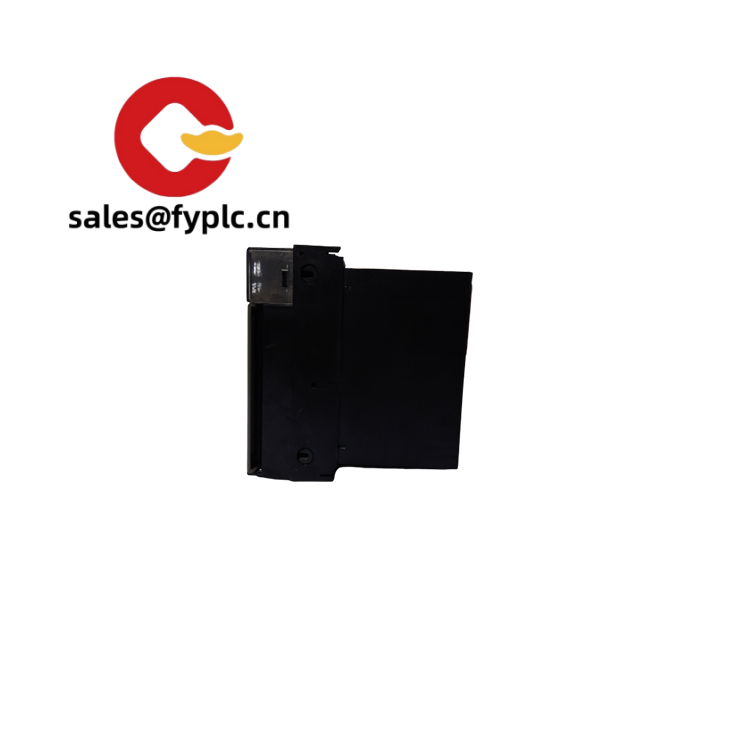
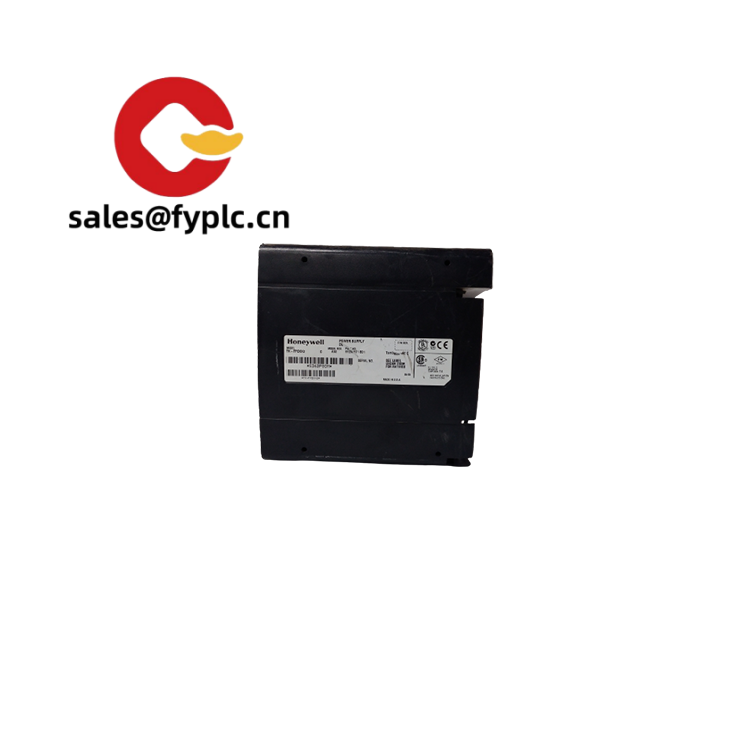
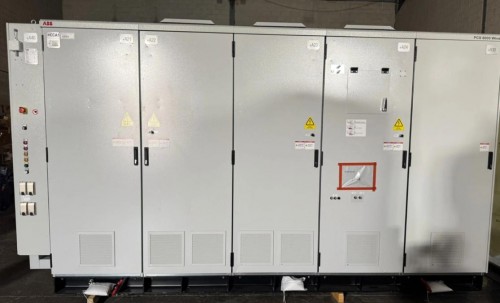
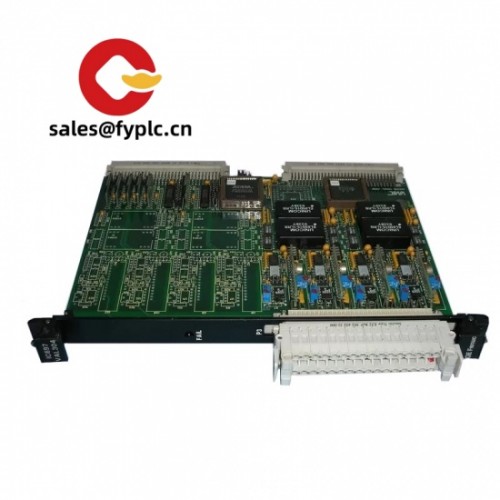
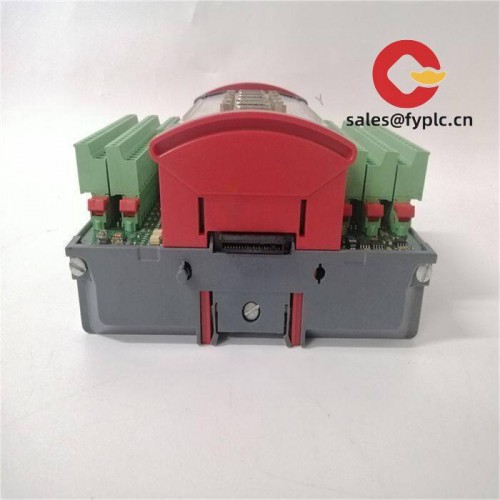
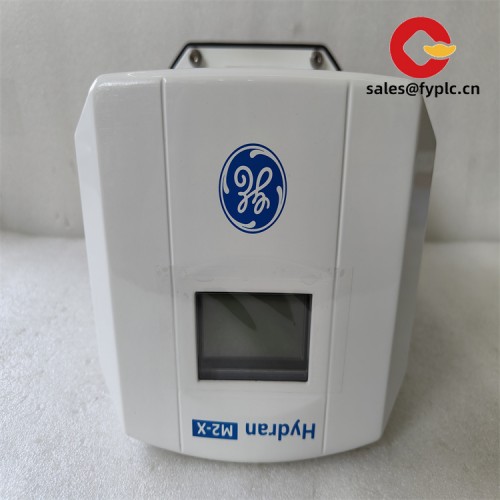
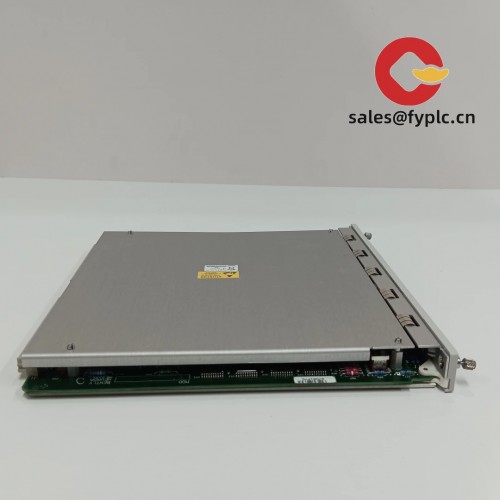


Reviews
There are no reviews yet.